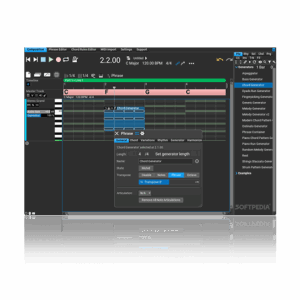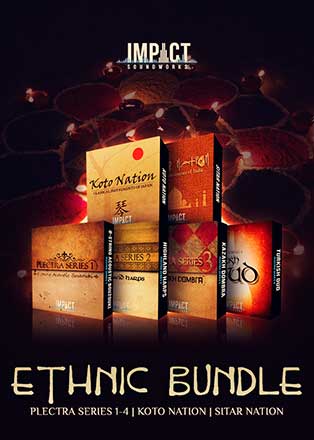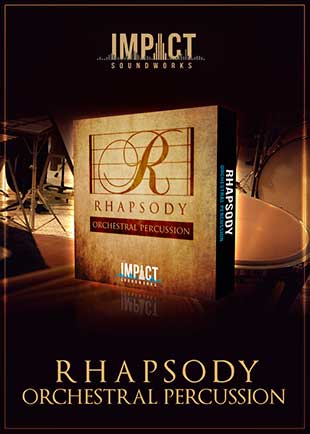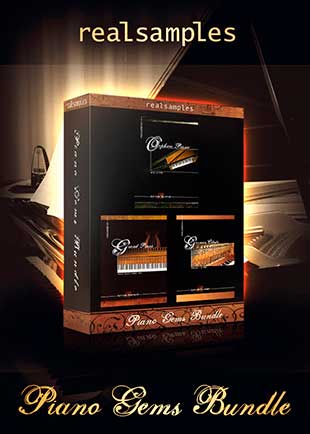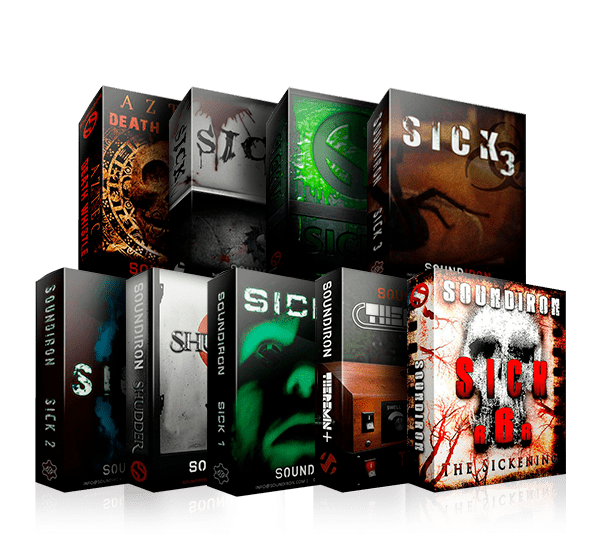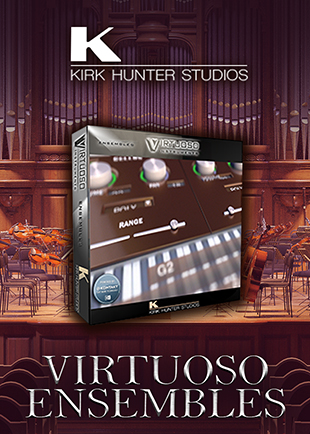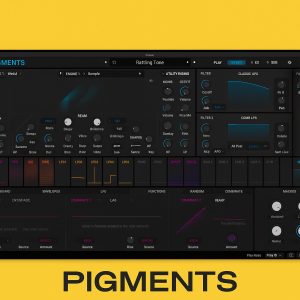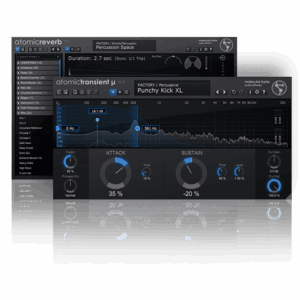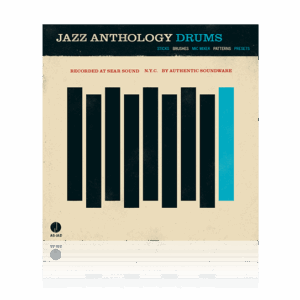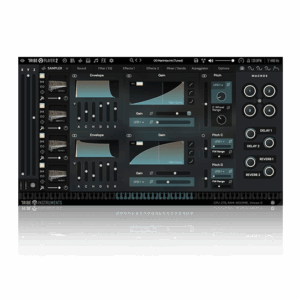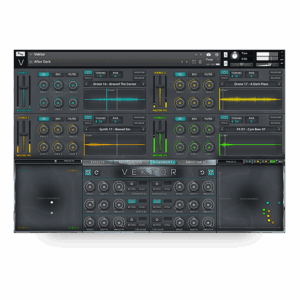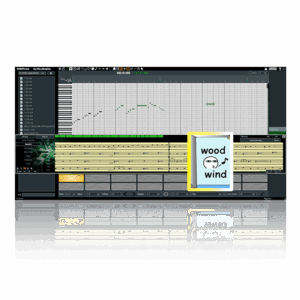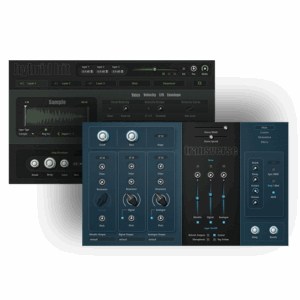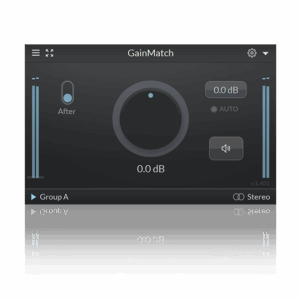Finding a free audio plugin that’s actually good isn’t as easy as it sounds. There’s no shortage of them floating around, but quality is another story. Sometimes it’s buggy. Sometimes it sounds flat. Other times, it’s just missing the controls you need. That’s why it makes a difference when you come across one that feels like it belongs in your regular workflow.
Heading into the colder months, many producers settle in with extra studio time and look to shake things up creatively. It’s a great moment to explore plugins you haven’t tried before without spending anything. The goal here is to help you figure out which free tools are worth downloading, where to track them down, and how to use them in real projects without settling for lower quality.
How to Spot a High-Quality Free Plugin
Not all freeware is built the same. High-quality plugins share a few things in common, and knowing what to look for can save a lot of frustration.
First, pay attention to interface design. A plugin that’s easy to read and navigate won’t kill creative momentum. Clean layout, logical control placement, and clear metering are good signs. Next, look at flexibility. Can you tweak parameters with enough precision to match your needs? Does it have multiple modes or presets that sound purposeful? If you’re stuck with a one-sound instrument, it better be a good one.
Performance matters, too. Low CPU use is big, especially when working on bigger sessions. You don’t want your system freezing every time you open a new track. If you’re frequently running into system freezes and lag, it’s worth digging into fixing CPU optimization problems in free audio plugins. Check if it supports your current operating system and works inside your DAW without glitches. Format support like VST3 or AU is a must, depending on your setup.
Forum threads and demo videos can offer extra insight. If a particular plugin tends to crash, sound thin, or respond poorly to automation, someone will have already talked about it. Skimming a few comments can help decide if it’s worth the download.
Where to Find Trusted Sources for Free Plugins
Instead of grabbing random links in forums or sketchy download sites, it’s better to know where to look. Start with developers who already have a reputation for consistency. Some of them release limited versions of their paid plugins or older tools for free. That’s where you can sometimes find gems built on the same engine as their premium models.
Curated deal platforms help a lot here. They often feature both paid products and occasional free audio plugin offers that still live up to the professional standard. What’s different is they’ve already done part of the vetting for you. These tools are worth watching, especially around the end of the year when developers release specials or previews.
Another route is following producers on X or checking their email newsletters. Many artists drop shortlists of favorite free tools or include links to underrated plugins. Some of them release their own instrument packs or sound manipulators as giveaways—often from home setups or smaller shops focused more on creativity than profit. A few have even shared tricks like the ones found in Beat Makers: 5 FRAGMENTS Hacks to Flip Any Sound, which highlight unique ways to get more out of under-the-radar tools.
When to Use a Free Plugin in a Serious Project
There’s a common assumption that free tools are better suited to hobby projects or quick sketches. But that doesn’t always apply. The right free audio plugin can fit into full productions, you just need to know where it adds value.
One great use is for texture. Say you’re building a layered synth pad and want something a little grainier on top. A plugin with a lo-fi filter or unstable pitch mode could be perfect. Same goes for adding room effects. You might not want to commit a premium reverb slot to background ambience, but a lighter tool can get the job done.
Free plugins are also the place to experiment without pressure. Trying out a tape emulation? Working on synthwave for the first time? These tools let you test sound ideas without rearranging your paid setup or licensing chain. Case in point, options like the free echo plugin from IK Multimedia offer fun ways to shape delay and space without dipping into your premium gear.
Finally, hybrid setups are worth thinking about. Using both paid and free plugins in a session can lower the CPU load while still offering variety. Sometimes the contrast between a polished, high-resolution synth and a fuzzed-out free delay creates a unique tone. It’s not about picking one over the other, it’s about what they do together.
Popular Types of Free Audio Plugins and What They’re Good For
Some plugin types tend to perform better than others when offered for free, not because they’re less useful, but because developers often strip them down in ways that still make sense for real sessions.
– Reverb and Delay: These are common free offerings, and many have lighter builds with just a few parameters. Look for plugins that offer plate, room, or ping-pong styles with easy-to-adjust settings. They’re helpful for adding movement or space without reaching for your main reverb bus.
– Soft Synths: Free synthesizers often come with a handful of presets but allow for parameter shaping. They’re useful for laying down leads or pads when you don’t need the depth of a flagship synth. Good ones can work fast when ideas strike.
– EQ and Compression: Basic tools that let you roll off highs or tame a wild vocal are always helpful. Even simple interfaces with visual cues can do a lot of heavy lifting. Some plugins offer just a high-pass filter or simple gain controls, but that might be all you need.
If you can, build your folder around one or two picks in each category. That way, you’re covered on most projects without bouncing between a dozen tools.
The Tools You Try Shape the Tracks You Build
Building up your plugin library doesn’t have to cost anything. Many great sounds and workflows start with tools that were offered for free. Trying out new instruments or effects is part of growing as a producer, especially during the quiet months when there’s more time to explore.
What’s most useful is having a few reliable plugins that you can trust. They don’t have to be complicated, they just need to serve a purpose. Reverbs that sound smooth, synths that load fast, and EQs that make small fixes easy all add up. The right free gear works like any other—keeping you focused on the creative work without distracting from it.
Sometimes the simplest plugins spark the most ideas. Keep a lookout, stay curious, and try new tools as they come. You never know which one might become part of your regular process.
Ready to experiment with new textures or round out your mixing setup? Some of Arturia’s tools start as a fully capable free audio plugin and fit right into your workflow. We keep an eye on developers with a solid track record, and Arturia regularly delivers quality that doesn’t push your budget. At Audio Plugin Deals, we’re all about helping you get more sound without spending more money.
